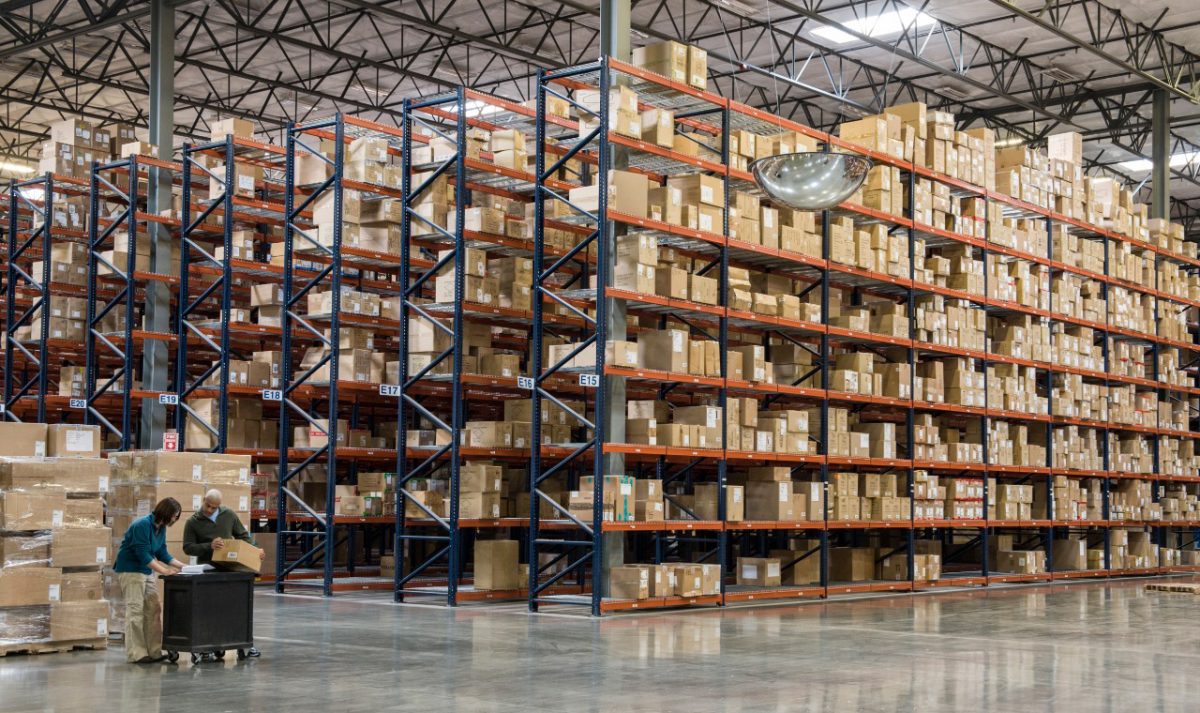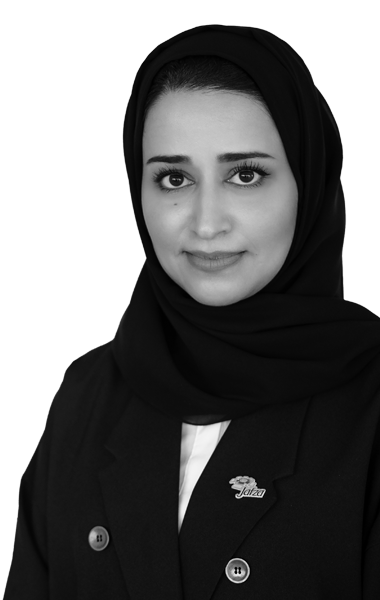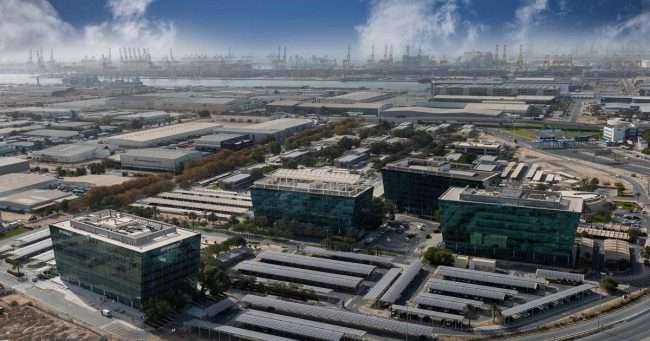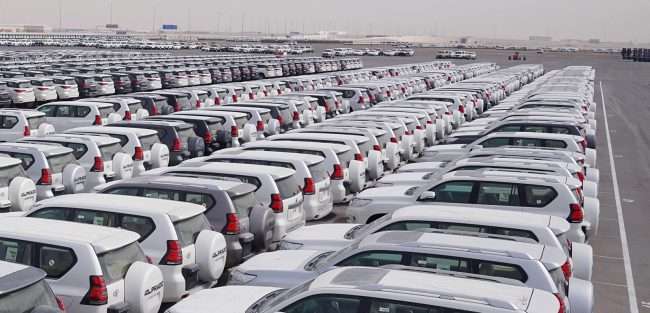
Jafza’s electronics hub lights up the UAE

The Gulf’s electronics and electrical sector has grown sharply in the last few years, driven by rising disposable income, tourism and deep internet penetration rates, making the region one of the most connected globally.
Due to its strategic location, Dubai is one of the key suppliers of electronic products to the Middle East, and the rest of the world. In 2021, 2.7 million metric tonnes (MT) of electronic products worth over AED 347 billion were traded via the Emirate. Its trade capabilities are further complemented by the robust local and regional e-commerce fulfilment infrastructure and the re-export markets that connect to countries worldwide.
Jebel Ali Free Zone (Jafza) is crucial in enabling the UAE and the wider region to meet this ever-growing demand. Set in the heart of Dubai, the free zone alone traded 1.4 million MT of electronic products worth over AED 147 billion in 2021. That is more than 50 per cent of Dubai’s total traded volume and over 40 per cent in value.
One of the key unique selling points of Jafza’s electronics hub is that over 26% of the companies are from the UAE, fostering localisation and creating a global demand for local products and services. Regarding regional representation, 50% of the companies are from the Middle East. Another 26% are from Asia, and 9% are from Europe.
Eliminating supply chain challenges
Jafza continues to support its customers by introducing a range of new facilities. The state-of-the-art, high-quality, thermal insulated, purpose-built Light Industrial Units (LUI’s) and warehouses can be used for storage, distribution or assembly space, helping partners ensure reduced manufacturing lead time.
Additionally, the increasing demand, and rapid pace of technological advancements, including the internet of things (IoT) and the advent of 5G, are prompting manufacturers to up their game. By taking advantage of the competitively priced multi-functional storage in the free zone, companies meet the needs of the market by managing inventory seamlessly, thus ensuring cost-effectiveness and time efficiency. Post the manufacturing process, one of the key stages is shipping off the end product to consumers.
The Free Zone’s proximity to the Jebel Ali Port ensures multimodal connectivity and a strong distribution network (for more than 1,300 companies from over 80+countries) complemented by extensive logistics facilities, enabling rapid clearance and a more controlled cargo handling process for customers. This all reduces order fulfilment times, a win for consumers waiting for their goods.
Adding in advantages such as zero custom duties, ease of licensing, and a wide selection of customisable infrastructure solutions spread over an area of 1.20 million square metres, make Jebel Ali the most preferred business destination for SMEs and multinationals including Samsung, Sony, Philips, Sharp, LG, HP, Toshiba, Hitachi, Nikon, and Oracle among others.
The Metaverse Future
The emergence of the metaverse will transform and boost the ever-growing consumer electronics segment and trade in general by enabling the sale of virtual and physical goods and allowing customers to even walk into a virtual store with their digital avatars. Furthermore, as the metaverse expands and companies such as DP World explore the untapped potential of the virtual world, manufacturing and trade of electrical and electronic products that will enhance user experience are set to witness a boom.
In May, DP World announced the creation of DPMETAWORLD to bring cutting-edge virtual solutions for real-world supply chain challenges. Given the scale of the company’s operations, spanning six continents, 80 ports and various logistics operations, customers will have the advantage of understanding the supply chain from end to end, creating alternate routes in case of logistics bottlenecks and accelerating the flow of goods.
The company will also explore metaverse applications for its services, including simulations of warehousing and terminal operations, in so-called digital twins — 3D virtual versions of physical assets – as well as container and vessel inspections. Moreover, their customer-focused applications will include enhanced retail market access, potentially extending DP World’s 1600+ showrooms at the Dubai Traders Market to an unlimited number of customers through an immersive shopping experience.
Share
Trending articles
A brief guide to end-of-service employee benefits in Dubai
February 24, 2021The rise of the automotive sector in Dubai
October 20, 2021Five mistakes to avoid when starting a business in Dubai
November 04, 2021Looking to set up your business with Jafza?
Schedule a call with Ebtesam Alkaabi, Vice President, Sales, Jafza.
Get started





